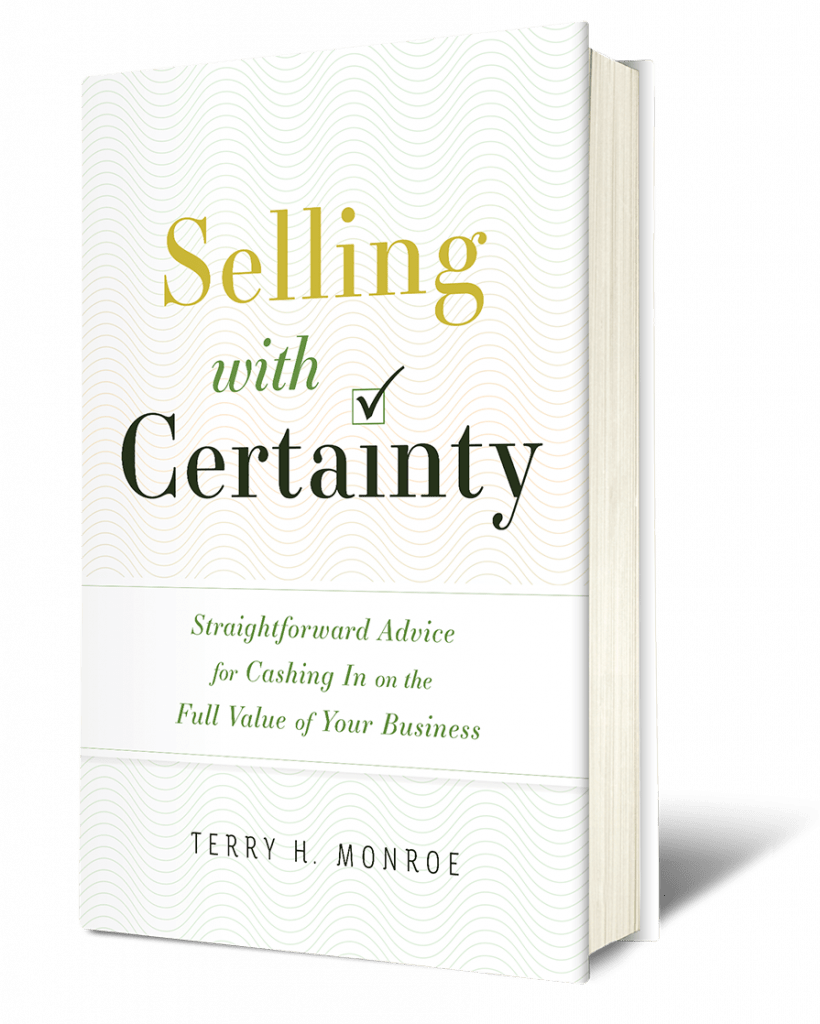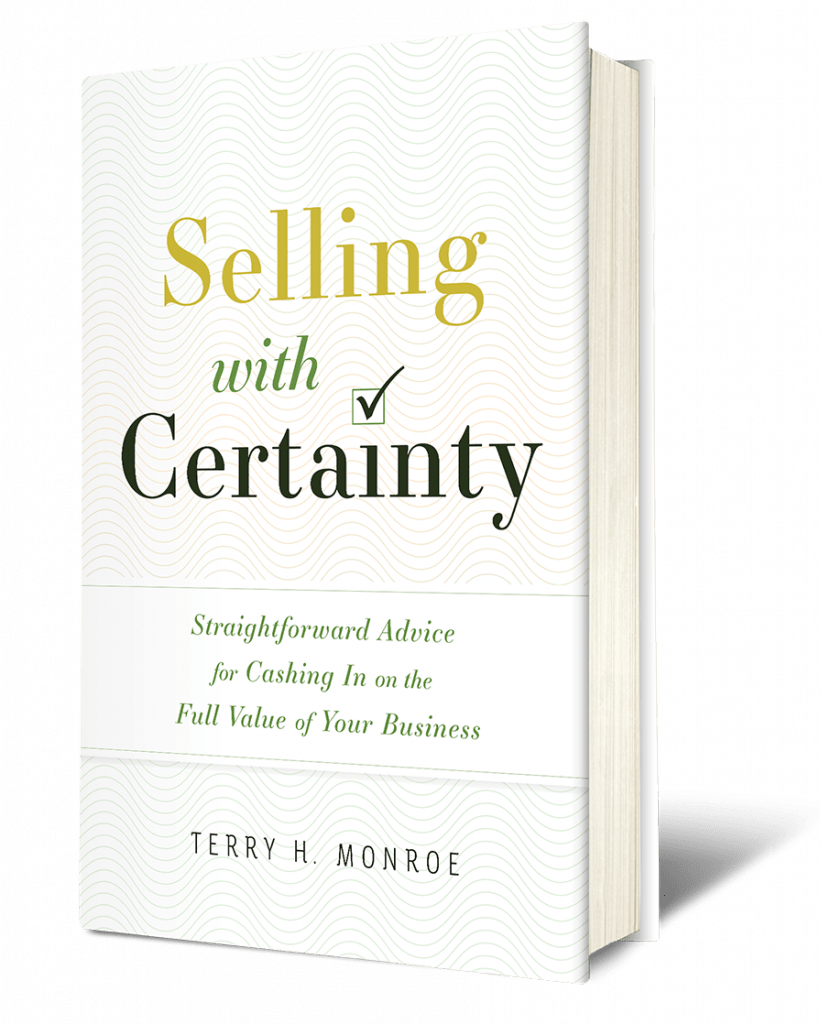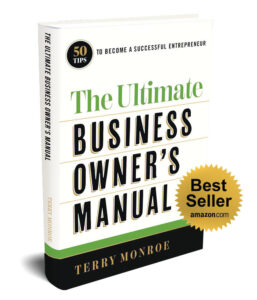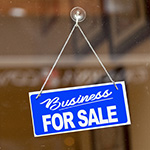This article first appeared on the CSP Daily News site on May 18, 2018
(1) Succession Issues
Sixty percent to 70% of first-generation businesses don’t make it to the second generation, according to Terry Monroe, president and founder of American Business Brokers & Advisors, Effingham, Ill., and author of Cashing In On the Wealth of Your Business. “With no one to pass the business on to, they have no choice but to sell,” he says of chains with succession issues.
(2) Increasing Competition
Competitive forces can compel convenience operators to sell. These can come in the form of other c-stores, cross-channel retailers or online disruptors. John Strickland Jr., president of Wayne Oil Co., Goldsboro, N.C., saw a number of competitors entering his market—both c-stores and cross-channel operators—and with his stores already at maximum throughput, he found selling the units was his best bet.
(3) Poor Performance
Underperformance is a strong sign that a chain may be vulnerable to sale. In recent years, several quarters of missed earnings have encouraged so-called “activist” investors to call for the sale of well-known chains such as The Pantry, Cary, N.C., and CST Brands, San Antonio, both of which eventually sold to Alimentation Couche-Tard, Laval, Quebec.
Ankeny, Iowa-based Casey’s General Stores was the most recent target of such activity. It responded by agreeing to make changes to its board of directors and to implement a number of cost-saving actions and technology initiatives.
(4) Great Performance
On the other hand, several years of profitability may be a sign that a retailer should consider selling. Experts say the time to sell is when a company is on the upswing. “You will always get more money for a business that is trending up because you have a better chance of getting paid for future cash flow as opposed to a business that is trending down,” said Monroe of American Business Brokers. “In a down-trend case, you are going to get less, because the business is going the wrong way.”
(5) EMV Upgrades
The October 2020 deadline for Europay Mastercard Visa (EMV) chip-card technology upgrades at the pump may become a severe hurdle for retailers, who may decide to sell in lieu of taking on the investment.
“We continue to see more evidence of private companies attempting to exit the business ahead of looming capital requirements around EMV compliance in the hopes of getting a high multiple,” said Andrew Clyde, president and CEO of El Dorado, Ark.-based Murphy USA, on a recent earnings call. “The task to transform their legacy networks is indeed daunting.”
(6) Strategic Decisions
Some retailers feel that the foodservice wave in c-stores is just not for them. Their stores are too small, the culture for food safety is nonexistent in their chains or competition for share of stomach is just too intense. Because they’re unwilling to go down that path, a sale may be the remedy.
Likewise, technology investments and taking on disruptive competitors who bring loyalty, online shopping and home delivery to the table could present similar insurmountable hurdles.
In Monroe’s opinion, these retailers are simply burned out. “A good business person with the desire [to succeed] will figure out what the business needs,” he said. “You can have a profitable store without foodservice. If you know your marketplace and your customer, you can be successful. But generally, [choosing not to compete] occurs with smaller operators who didn’t reinvest into their business and the marketplace just passes them by.”
(7) Inability to Scale
For retailers unable to scale up who are facing larger, more formidable chains, selling may be a viable alternative. As the gap in profitability between NACS’ top- and bottom-quartile retailers widens, the ability of smaller operators to compete simply evaporates.
Murphy officials remain “upbeat about our potential,” despite challenges such as soft traffic numbers in recent months. “Yes, the business will continue to face a variety of headwinds, but when we look at our EBITDA [earnings before interest, taxes, depreciation and amortization] per store, which was among the highest of our publicly traded peers and 1.5x to 2x higher than some of the companies we’ve seen on the market, we see opportunity,” Clyde said.
(8) Timing
While any number of factors can lead a retailer to decide to sell the business, a confluence of them is most likely to make the timing right. And mounting challenges may not be the only reason to sell.
Andeavor, San Antonio, sold to Marathon Petroleum at an advantageous time, despite having developed its current platform in just the past three years. Its April 30 announcement of a sale to Findlay, Ohio-based Marathon brought its investors a 22.6% premium in stock price.
“Everyone knows that the market has cycles,” Monroe said. “But people are in denial and don’t want to acknowledge this and therefore generally sell at the wrong time. And generally it’s because of what we call ‘significant life impacting events’ like a death, divorce or partnership dissolution.”










